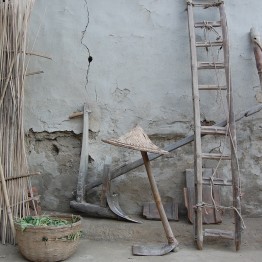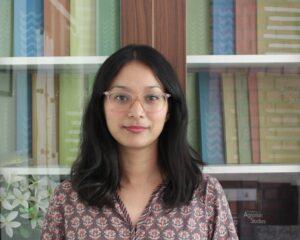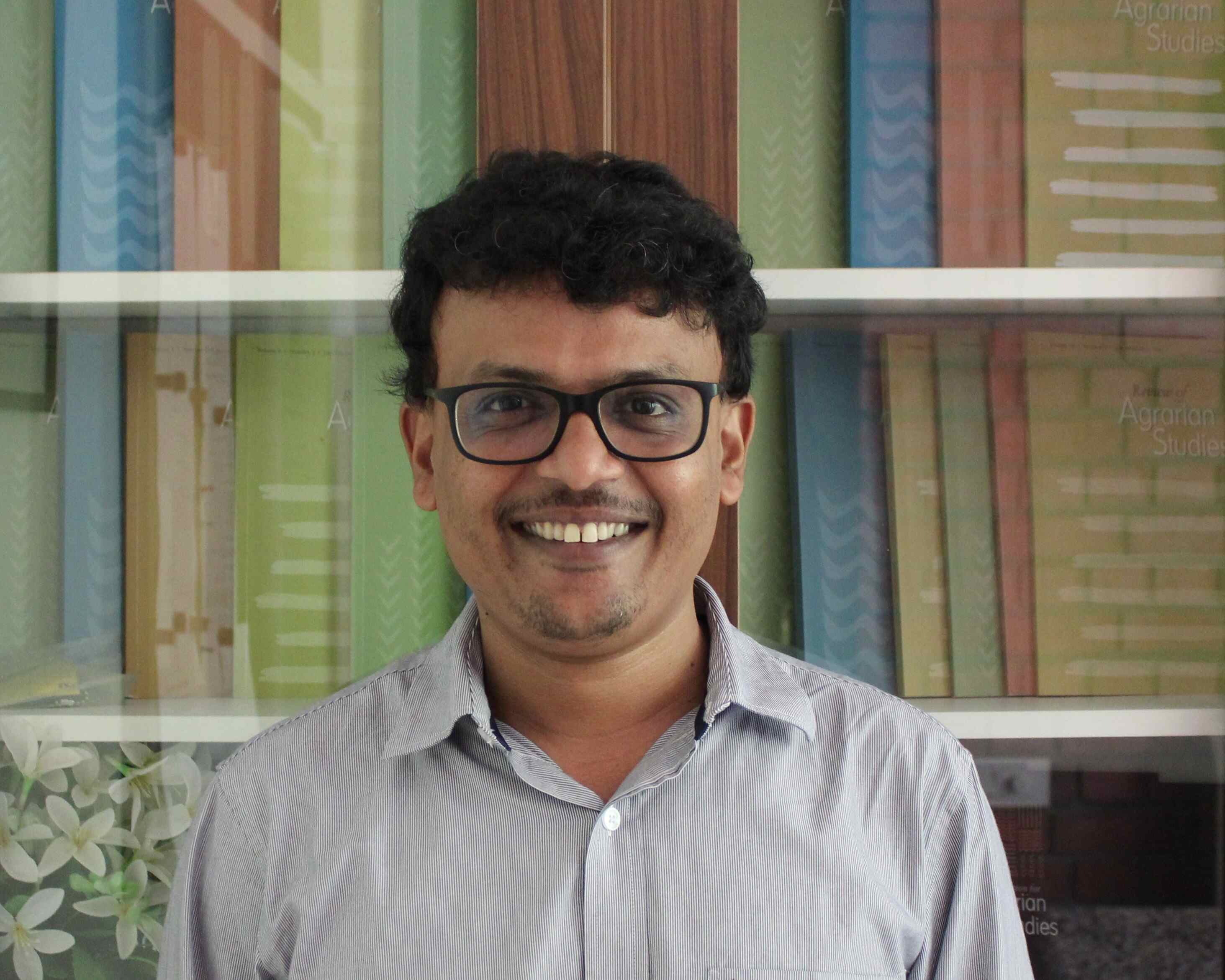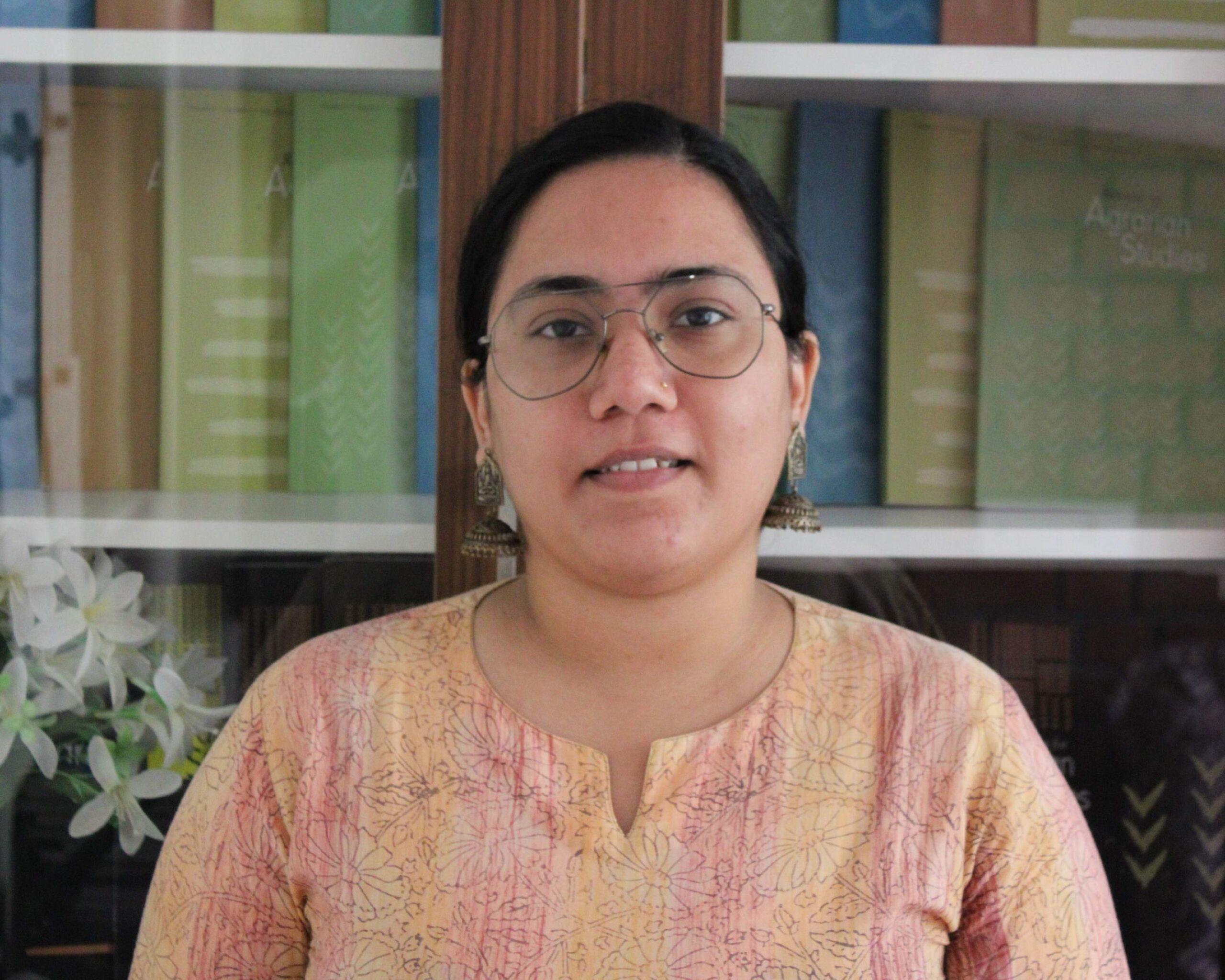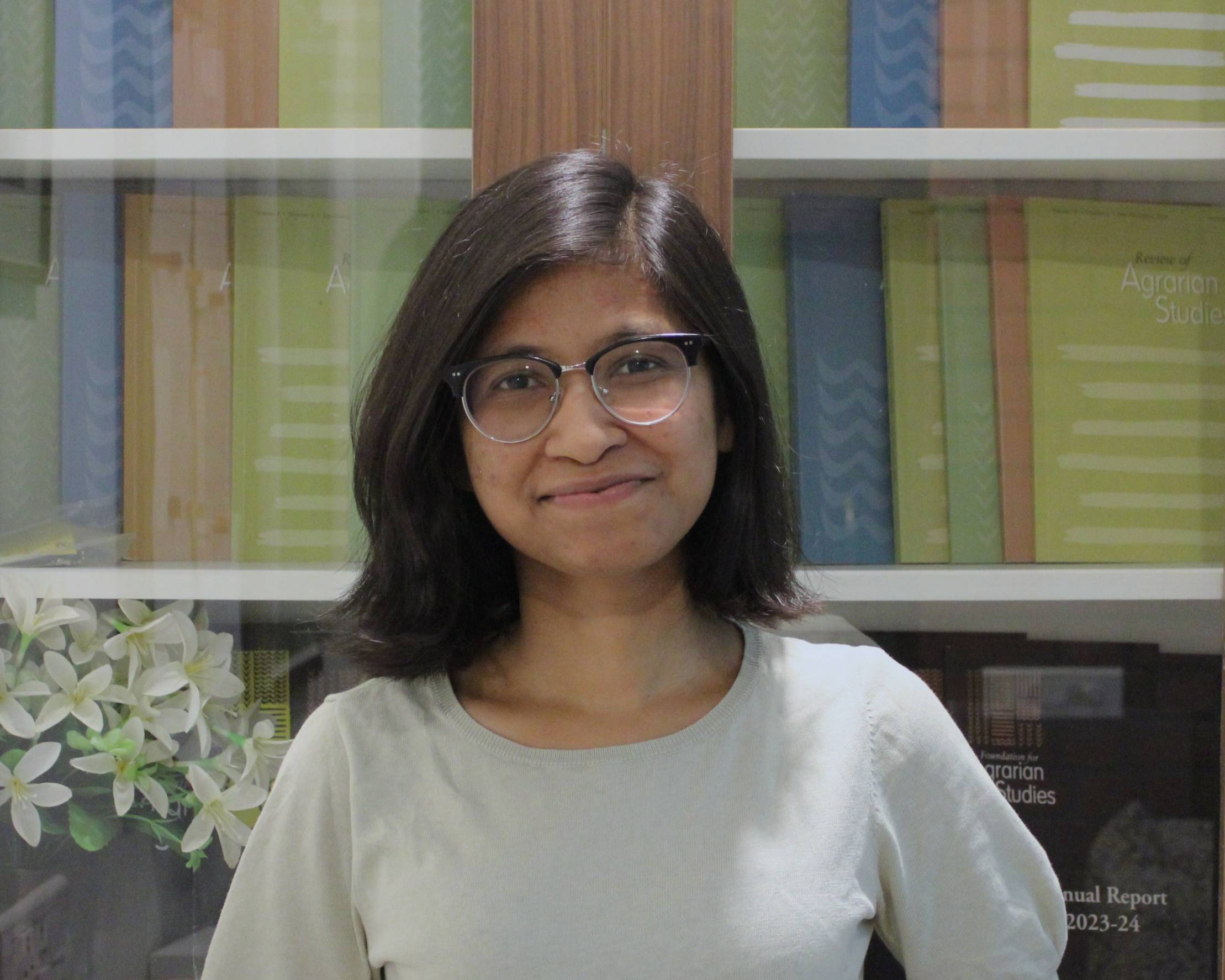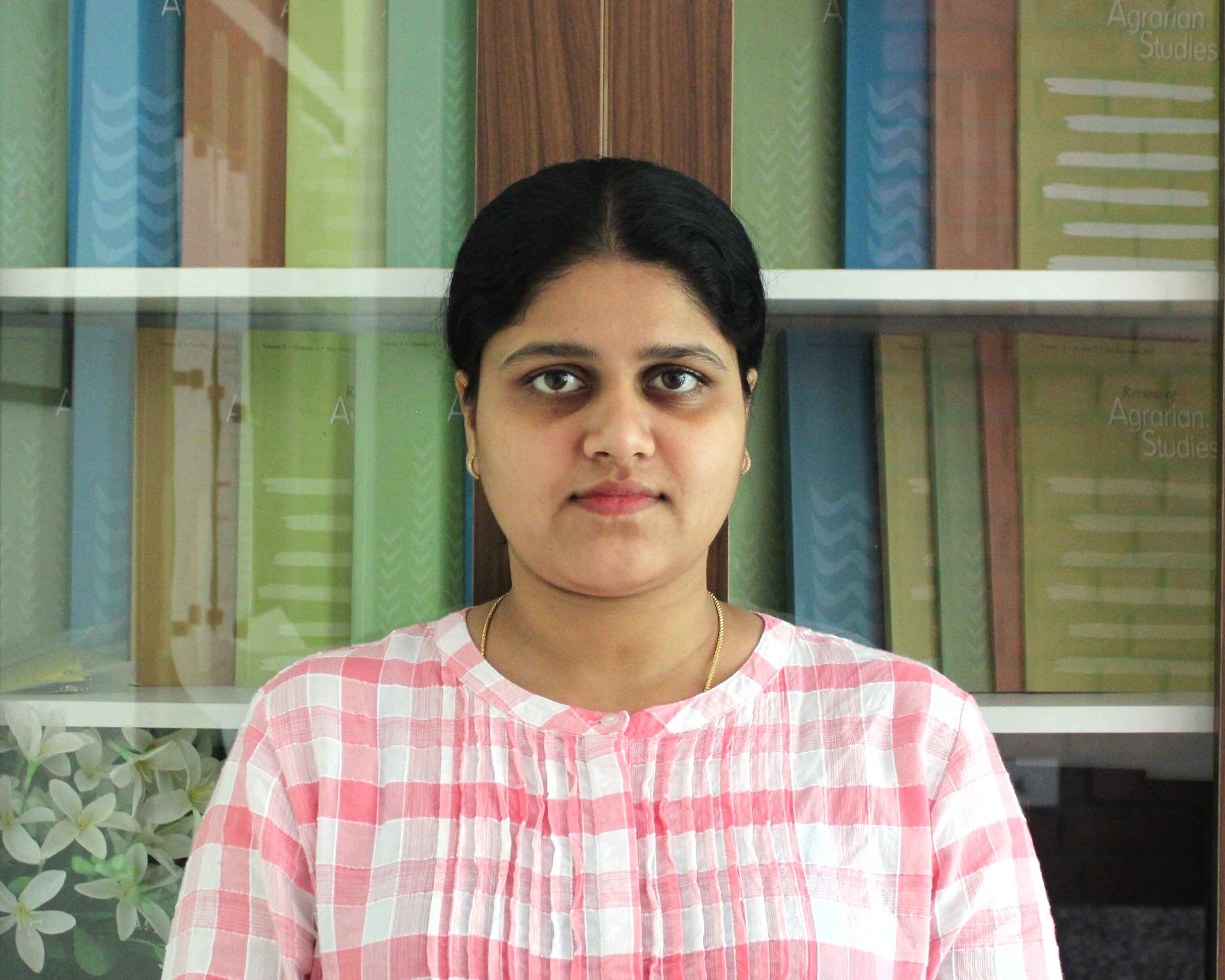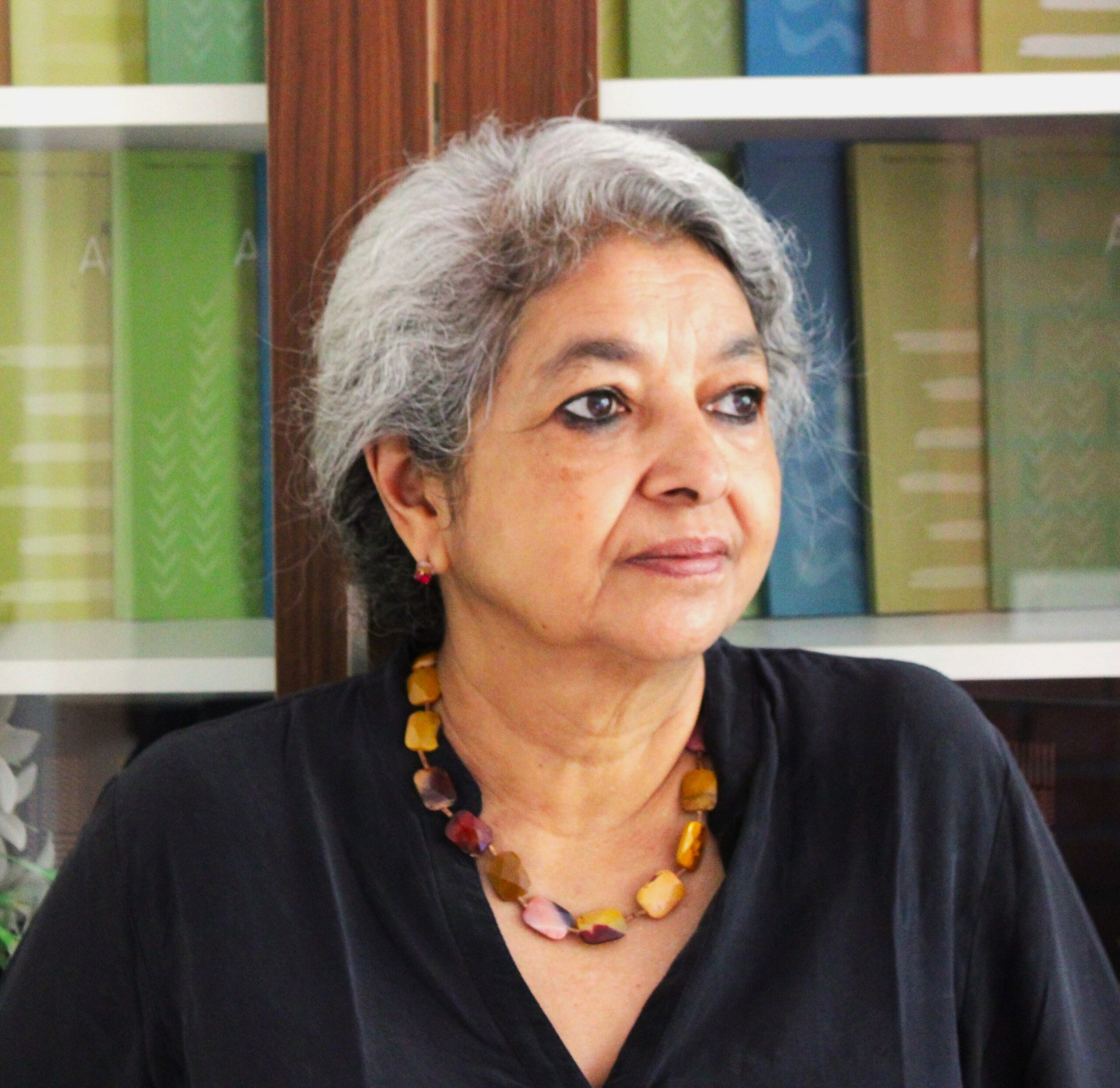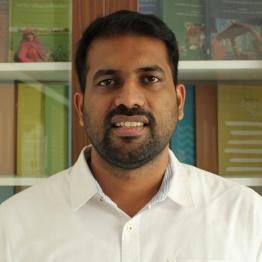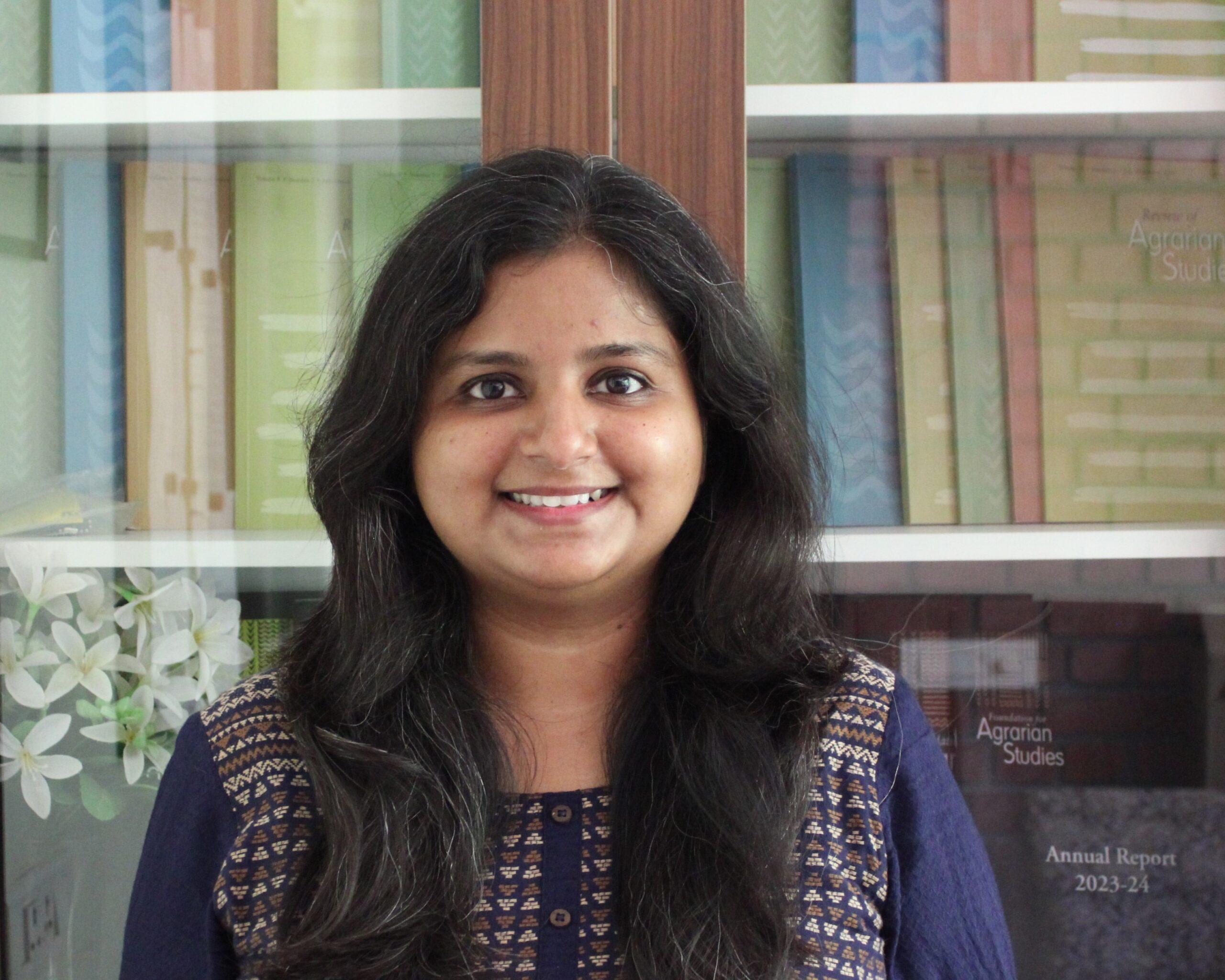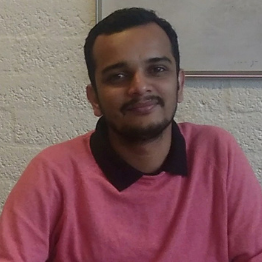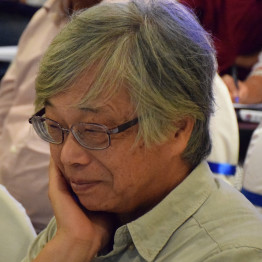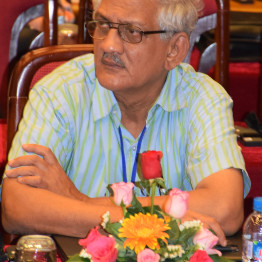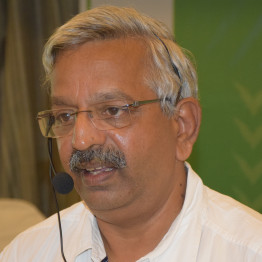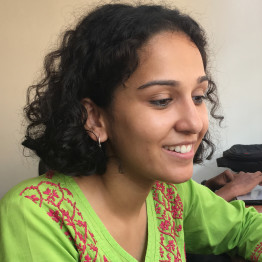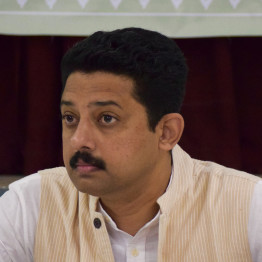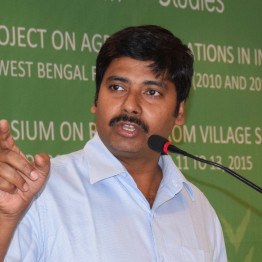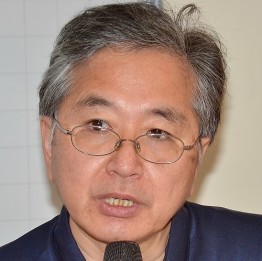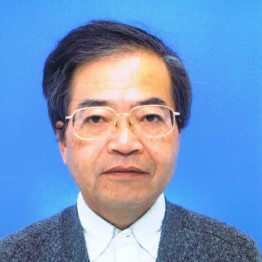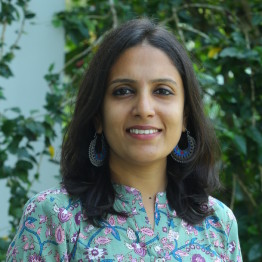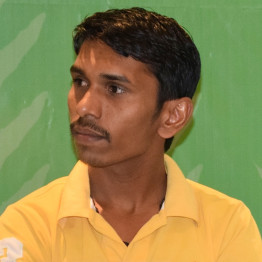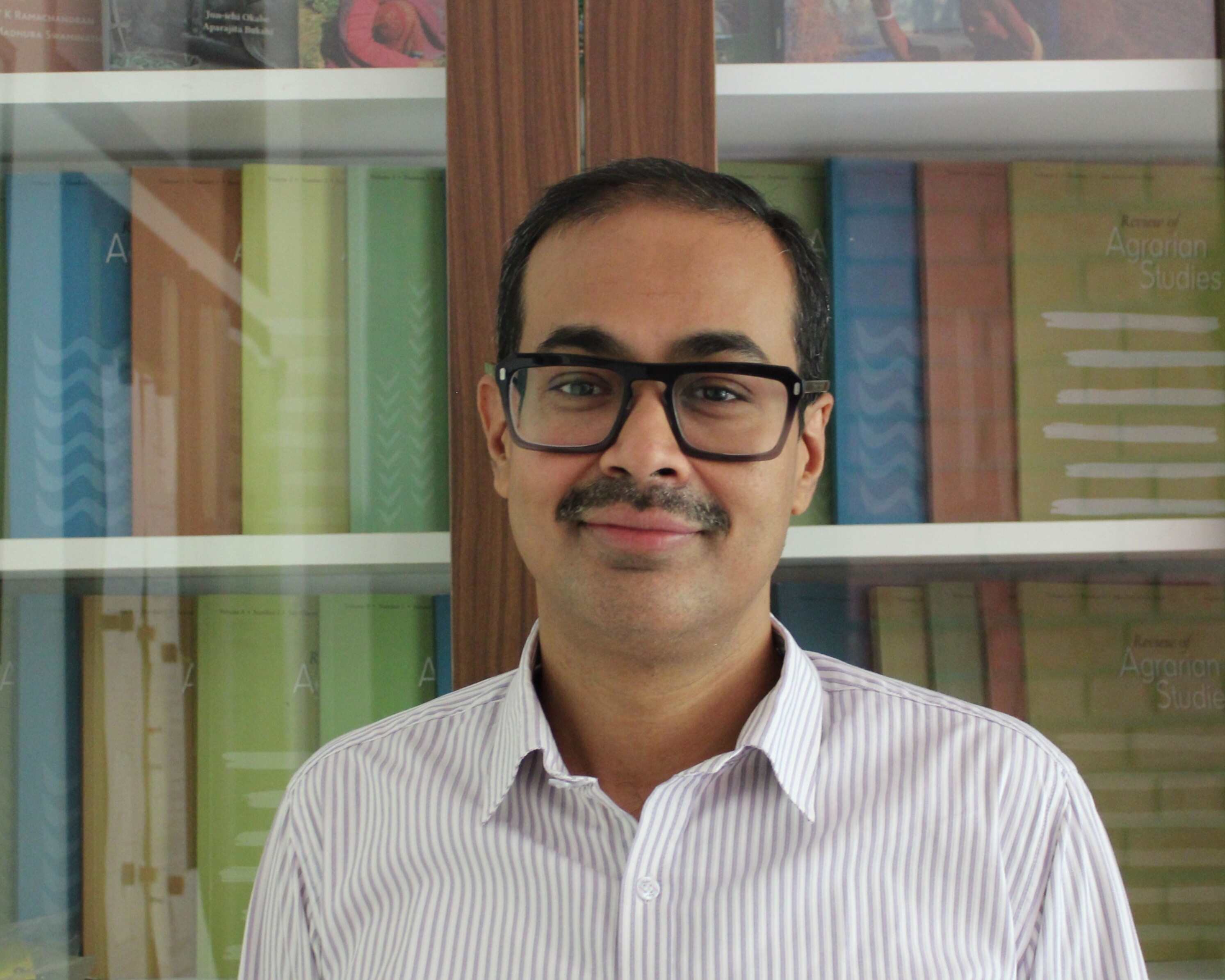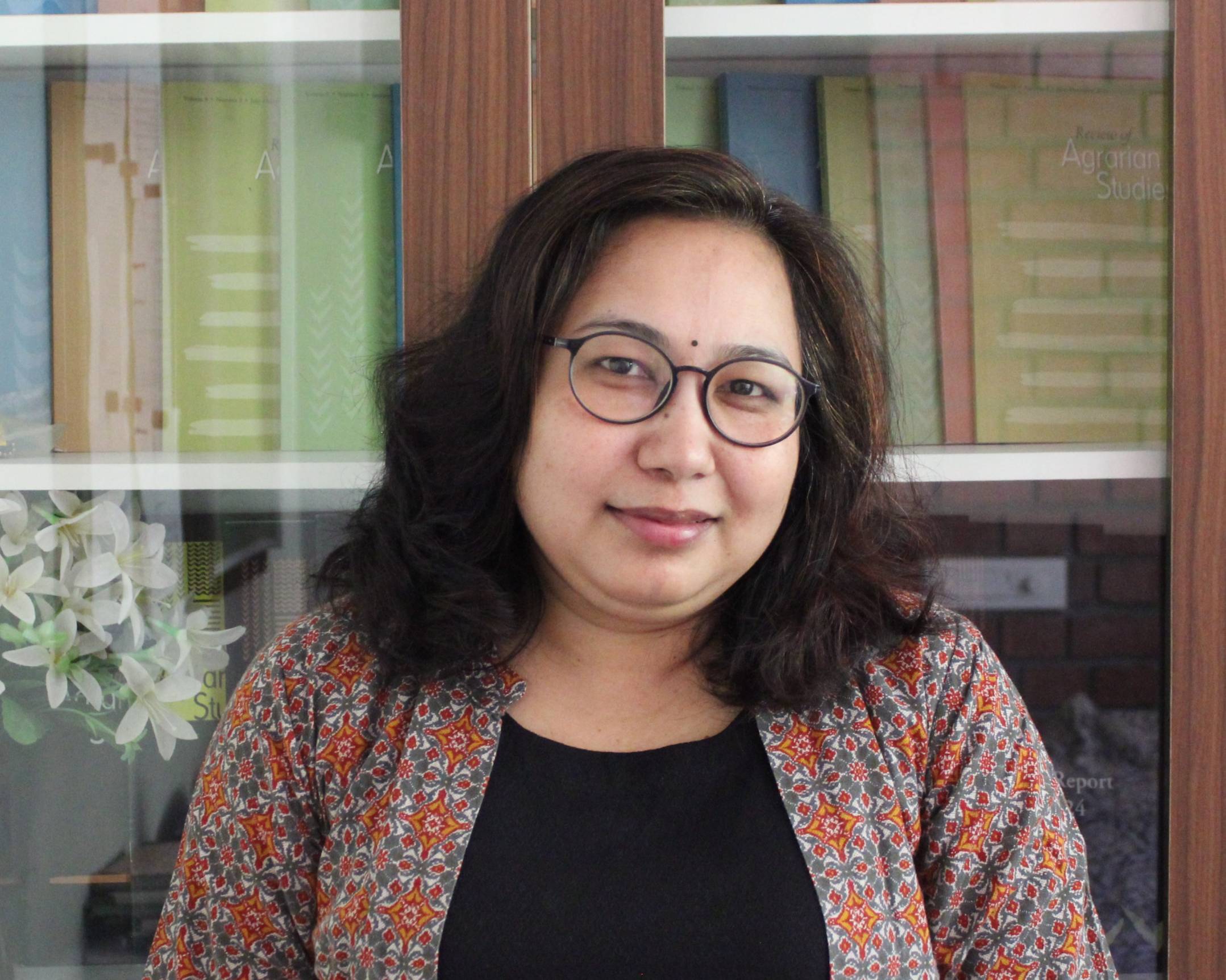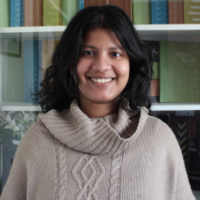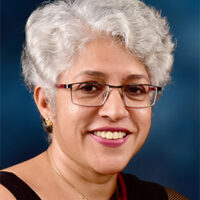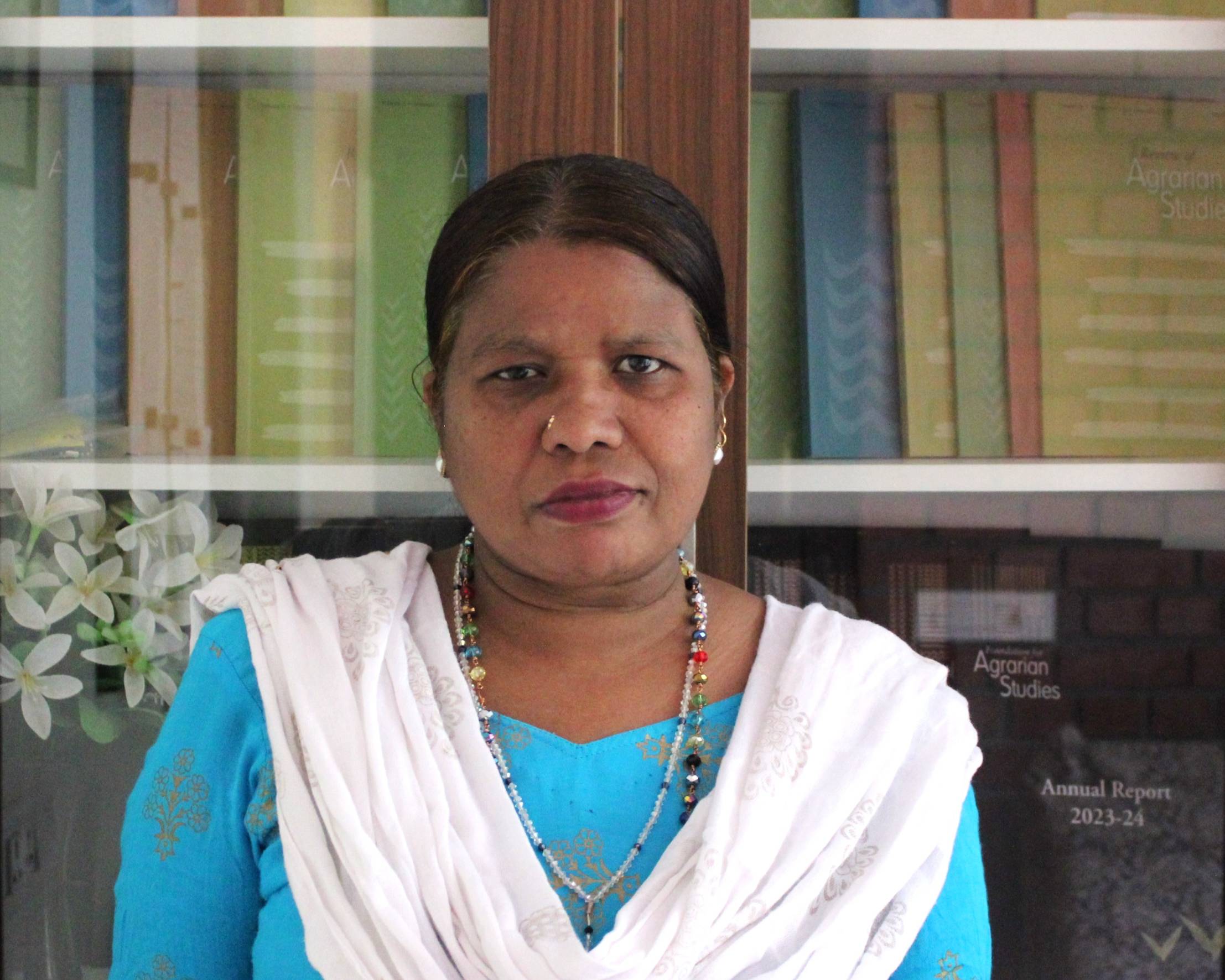This blog introduces some very interesting views on agrarian issues by Professor Saturnino M. (“Jun”) Borras. Professor Borras delivered the inaugural lecture on agrarian justice at the International Institute for Social Studies titled “Land Politics, Agrarian Movements and Scholar-Activism.” The lecture examines the linkages between three issues: land politics, agrarian movements and “scholar activism” among those who study agrarian issues. The introductory remarks of Professor Borras explain these linkages.
There are important changes in land politics and agrarian movements that have implications in academic research and political actions: First, land politics today are more diverse than its conventional notion during the past century. Second, social movements that mobilize around land have been transformed in the context of their response to changing context, especially those related to environmental and food politics. Third, all these changes have inspired a new generation of highly energized agrarian scholar-activists. All these have contributed to a revival of critical agrarian studies, i.e., the study of dynamics of social change in — and in relation to — the countryside. I will discuss three topics, namely, land politics, agrarian movements, and scholar-activism.

Professor Borras belongs to a stream of agrarian scholar-activists who argue that the nature of the agrarian question in the 21st century is fundamentally different from the agrarian question in the 20th century. They believe that globalisation has altered the basis of analysis related to the agrarian question, rendering aspects of the old agrarian question less relevant than before. In the new scenario, corporate globalisation presents a major threat to peasant production and the resistance to corporate globalisation has to emerge from a policy of protecting petty peasant production. In this context, Professor Borras argues that new categories need to be brought into the study of the agrarian question: apart from “rural agricultural,” we also need emphasis on “rural non-agricultural,” “urban agricultural,” and “urban non-agricultural.” Multi-national corporate land grab is seen by him as an important phenomenon to be studied.
Given this multi-national corporate land grab, Professor Borras also considers the importance of the transnationalisation of agrarian movements. According to him, in recent years, movements are being transnationalised, land struggles are diversifying, and there has been a “broadening of cross-class and multi-sectoral movements and alliances around social justice struggles.”
The role of agrarian “scholar-activists” is located by Professor Borras in this background. He says:
Most agrarian scholar-activists emerged from post-political party social movement initiatives of the 1980s onward, and have been recruited into, or have joined, social movements from different entry points. An important source of the surge of agrarian scholar-activism comes from the food movements that have seen great dynamism from the 1990s onwards. Recently, there seems to be another wave of expansion of agrarian scholar-activism from the environmental and climate justice front. The academic fields that are getting drawn into critical agrarian studies have also expanded beyond the conventional parameters of agrarian studies — while reaffirming the centrality of agrarian political economy.
Professor Borras argues for a “mutually reinforcing interactive approach” between movements and scholar-activists. To quote:
On the one hand, this approach values the importance of scholar-activists to help agrarian movements overcome constraints and obstacles to extending the reach of their political struggles. On the other hand this approach values the autonomy of agrarian movements in the conduct of their movement building and collective actions.
Even as they signal some very significant tendencies in today’s agrarian struggles (and studies), Professor Borras’ views can be contested. I shall refer to some alternative views and put forward some of my differences with Professor Borras in my next blog post.
Read Professor Borras’ lecture here.
About the author
R Ramakumar is a Professor at the Tata Institute of Social Sciences, Mumbai.


